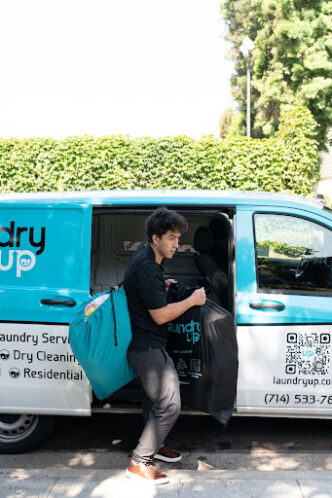In today’s digital age, navigating social media can be a challenging endeavor for youth. Platforms designed to connect people can often lead to issues like cyberbullying and misinformation. Youth Champions is dedicated to equipping students with the necessary tools to tackle these challenges, fostering resilience and grit along the way. By encouraging students to critically evaluate the content they consume and share, Youth Champions empowers them to make informed decisions online.
The program focuses on building a strong foundation of emotional intelligence and resilience. Participants learn how to maintain their mental health amid the pressures of constant connectivity. With guided workshops and interactive sessions, students develop strategies to manage their emotions, build confidence, and understand the impact of their online actions.
Social media’s ever-changing landscape requires adaptable skills that Youth Champions ingrains in its participants. By addressing not only the technical aspect but also the personal development of students, the program ensures they remain resilient and aware in the digital world. Through this holistic approach, youths emerge as responsible and informed digital citizens.
Empowering Students To Navigate Social Media
Empowering students to navigate social media effectively involves understanding the challenges they face, fostering safe online habits, and promoting responsible digital citizenship. These steps are crucial for helping young people engage positively in the digital world.
Understanding Social Media Challenges For Youth
Social media presents a complex landscape for young users, who often encounter issues such as cyberbullying, privacy concerns, and unrealistic portrayals of life. These platforms can affect mental health and self-esteem, making it critical for educators and parents to recognize and address these challenges.
Youth are particularly vulnerable to peer pressure online, which can lead to risky behavior. Educators can assist by providing a safe environment for discussing these pressures and offering guidance on how to manage them.
Building Safe And Positive Digital Habits
Developing safe and positive digital habits starts with education about privacy settings, the ramifications of sharing personal information, and the importance of maintaining a healthy balance between online and offline activities. Encouraging students to think critically about their social media interactions is essential.
Setting time limits on social media use and promoting diverse interests can help prevent excessive screen time. Schools and parents can work together to create an awareness of digital footprints and the long-term effects of online actions.
Promoting Digital Citizenship And Responsibility
Promoting digital citizenship involves teaching students how to interact respectfully and responsibly in online communities. This includes understanding the impact of their words and actions, upholding the rights and responsibilities of being a member of the digital world, and recognizing the importance of a positive digital identity.
Educational programs that focus on empathy, critical thinking, and ethical behavior can empower students to contribute positively in digital spaces. Collaboration between educators and parents in reinforcing these values ensures that young people understand their role in fostering respectful digital interactions.
Fostering Resiliency And Grit In The Digital Age
Navigating social media in today’s digital-centric world often requires individuals to cultivate emotional resilience and grit. Emphasizing emotional intelligence, developing effective strategies for overcoming online challenges, and understanding the long-term benefits enhance one’s capacity to adapt effectively.
Developing Emotional Intelligence Online
Emotional intelligence is crucial for navigating the emotional nuances online. It involves recognizing and managing one’s emotions while understanding the emotions of others. Digital interactions can often be misunderstood due to the absence of physical cues.
Engaging in reflective practices, such as journaling about daily interactions, can enhance emotional awareness. Building a habit of thoughtful responses instead of immediate reactions can further strengthen emotional intelligence.
Communication: Active listening in digital discussions fosters better understanding.
Self-Regulation: Taking time before responding helps manage impulsive reactions and encourages more constructive engagements. Through these practices, emotional intelligence can be nurtured effectively in online spaces.
Strategies For Overcoming Online Adversity
Overcoming online adversity requires coping strategies that focus on resilience. Social media can sometimes be a source of stress, criticism, or bullying, and managing these challenges is vital for mental well-being.
To build resilience, maintaining a supportive network online and offline is important. Friends, family, and mentors can provide valuable support. Practicing positive self-talk and reframing negative experiences also aids in overcoming adversity.
Creating boundaries by limiting time on triggering platforms can reduce emotional fatigue. Encouraging a focus on constructive feedback rather than criticism helps in maintaining a balanced view of online interactions.
Long-Term Benefits Of Resilient Social Media Engagement
The benefits of resilient engagement in social media are significant. Developing a robust coping mechanism in digital interactions supports mental health and enhances one’s ability to tackle challenges.
Long-term engagement with social media that emphasizes resilience fosters personal growth. It encourages a better understanding of diverse perspectives and enhances critical thinking skills. Furthermore, it reduces the likelihood of developing anxiety associated with online presence.
Adaptability: Regular practice of resilience breeds confidence and adaptability.
Relationships: Social bonds formed with resilience are more genuine and supportive, building a stronger community presence online. Engaging with content that aligns with personal values further solidifies this advantage.














